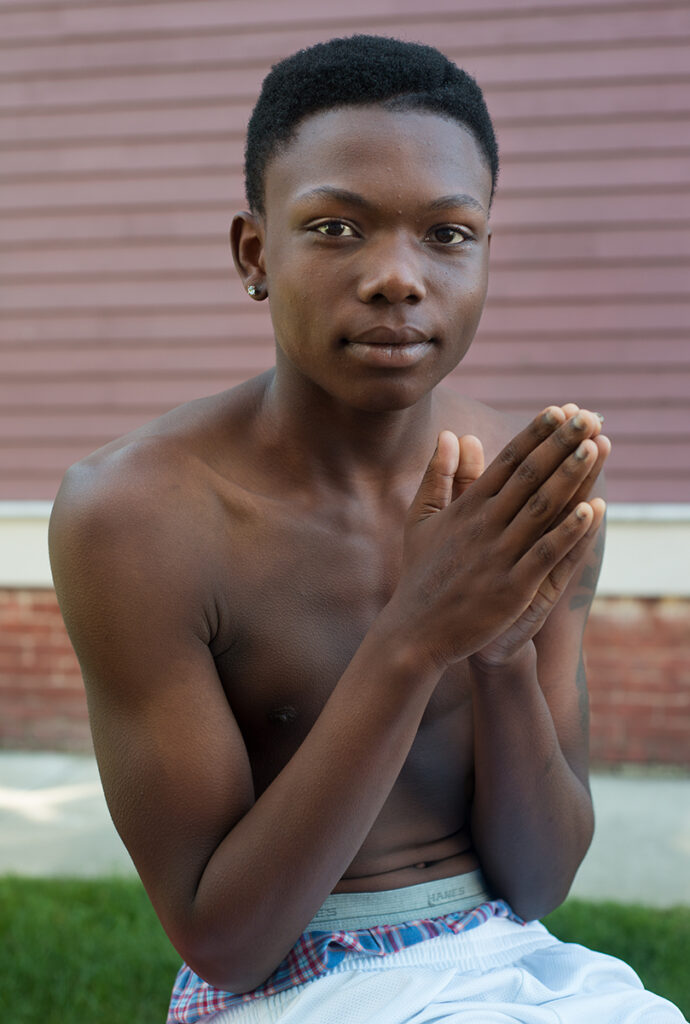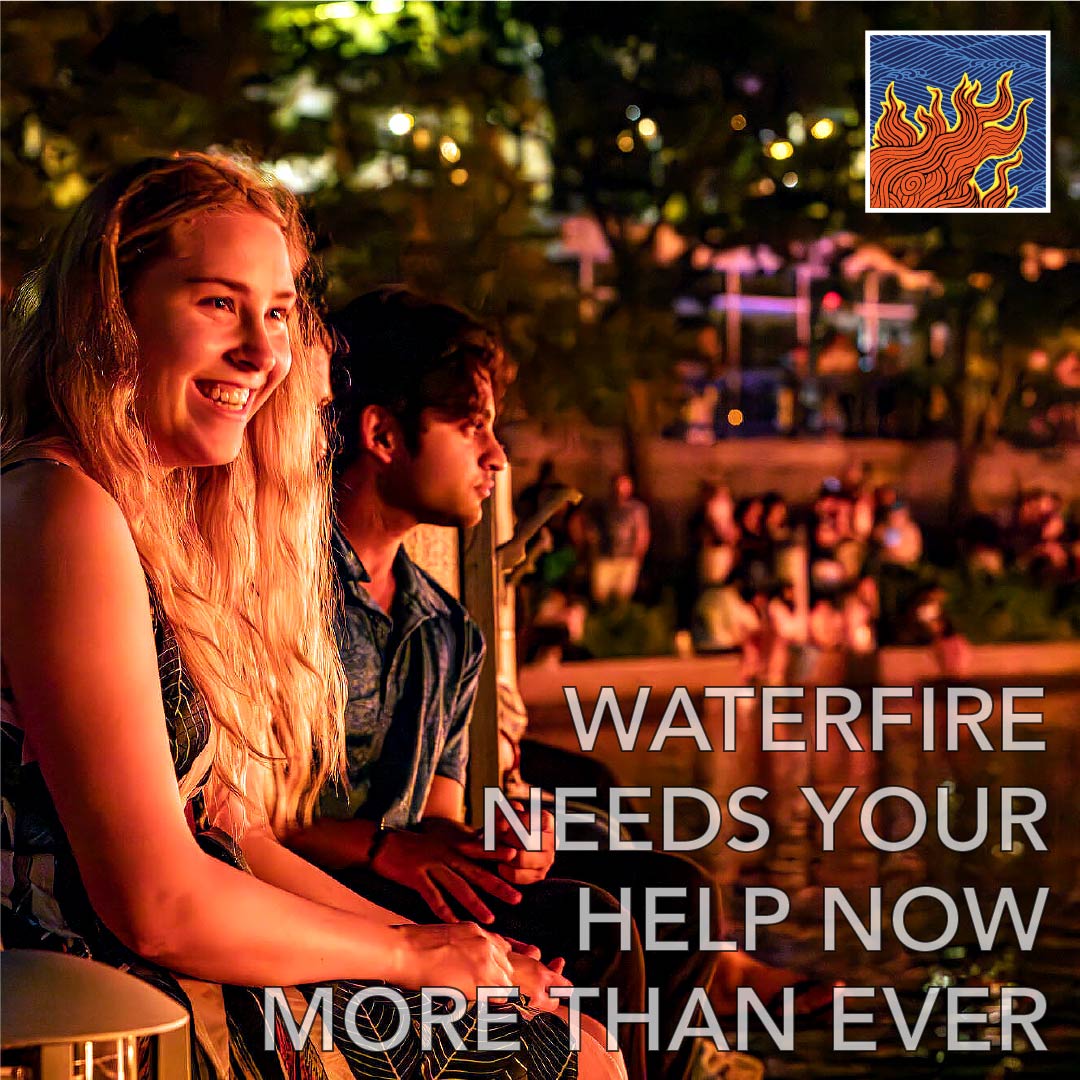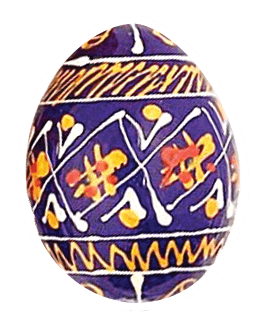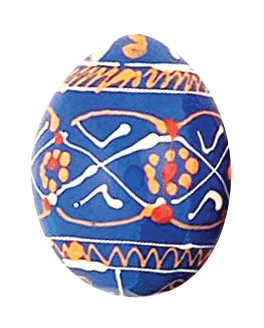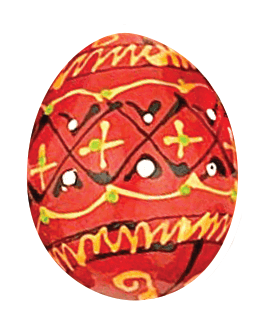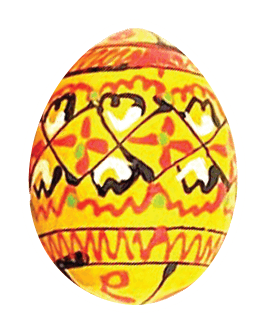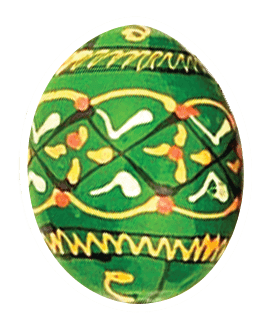Darnell’s mother thinks he looks high in this picture: glossy-eyed, thin, struggling with life. She says it shows the pain he was in when I met him.
I first met Darnell over the summer, at the Community Boating Center, where he was working. He was open, laughing, horsing around with his friends – everyone calls him Bookie (pronounced Boo-kie). One of his legs was encased in a cast from thigh to ankle. I asked him what had happened. “I got shot,” he said.
I was surprised, curious about this boy. I asked if I could make his portrait.
Bookie, who is now 17, agreed. He took a couple of days to get his hair cut and ask his mom’s permission, and then we met, outside his family’s apartment, in South Providence. We made some photographs in the courtyard behind the building, but he was jumpy, nervous, looking up every time a car went by. I tried to get him to talk about the shooting, but he was reluctant. He said he didn’t know who did it, didn’t know why it had happened. He asked if we could
finish up quickly. Near the end of the session, he asked if I would make a few pictures with his hands held in prayer.
I went home and edited the take, and, indeed, the ones with his hands in prayer were the best. I began searching on the Internet, looking for Bookie on Facebook, trying to learn about the shooting. I texted him and left phone messages, but got no replies. I started to question my interest, to worry about having singled out this kid: Was I assuming he was at fault? Was this somehow perpetuating a harmful stereotype, to profile a Black kid from the South Side who’d been shot? Should I have avoided including him in order to avoid the stereotype? But he was a real person. Didn’t his real-ness override these questions?
When I finally reached Bookie, by phone, weeks later, he told me he had moved – to North Carolina. “I was getting in too much trouble in Providence,” he said. He told me I could take the finished print to his mother, and he gave me her phone number.
His mother’s name is Erica; we met at the entrance to her building on a Saturday afternoon. She led me upstairs, past dozens of framed photographs: of her four children on the football field, at the prom, in colorful caps and gowns. Inside the family’s apartment, every shelf was crammed with trophies: football, basketball, cheerleading. There were more photographs, from family vacations, plus inspirational sayings about motherhood, laughter, faith.
While Bookie’s father watched basketball on TV, I showed Erica the portrait I’d made, and she said she loved it. She then called him, and he appeared on the cell phone’s small screen. She held up the photo to show him; he said he liked it. Then she asked his permission to tell me what had happened to him. He agreed, and they hung up.
Bookie had been at Bishop Hendricken High School, playing sports, doing well, following in his older brother’s footsteps. But once that brother had left for college, Bookie kind of went off the rails. At around age 15 he started getting high and drinking; then he got kicked out of school. With some neighborhood kids he’d known since they were little, he joined a gang. Erica said he turned dark, sullen, and they began arguing. She grew anxious and depressed, stopped sleeping, didn’t recognize this child
who had been so happy till then. She said that when her phone rang once at two in the morning, she knew he was in trouble. Bookie had been shot. Two bullets had entered his left leg, shattering the tibia; another one had grazed his back. She said that when he got home from the hospital he was terrified, and the boys in the gang started coming around again.
Erica wasn’t sure how to help her son, and then it came to her: she had to get him out of Providence. She called her sister in North Carolina and made arrangements for Bookie to go to her. She told him the plan and bought him a plane ticket; he didn’t put up a fight. Since then, she said, he’d gotten clean, put on some weight, enrolled in an online course for his high-school diploma. He’d even gotten a job, standing outside a tax preparer’s office, wearing a Statue of Liberty costume to attract customers. “He would never have done that here,” his mother said laughing.
Looking again at my portrait, Erica pointed to Bookie’s prayerful hands. She said he’d since gotten a tattoo on his shoulder of that image, but she wasn’t sure why. I said could we call him back and ask him?
Bookie laughed when he appeared again on Erica’s screen. “Bookie,” she said, “in that picture, why’d you do the prayer sign?” “Because I pray every day,” he said. “And
because I’m blessed. God was by my side the day of the shooting … It’s a blessing from God for making me able to speak to you guys right now.”
Erica said she’d call him back later, and Bookie said that he loved her. She hung up and turned to me: “He had gotten out of saying ‘I love you,’ and all that stuff.
